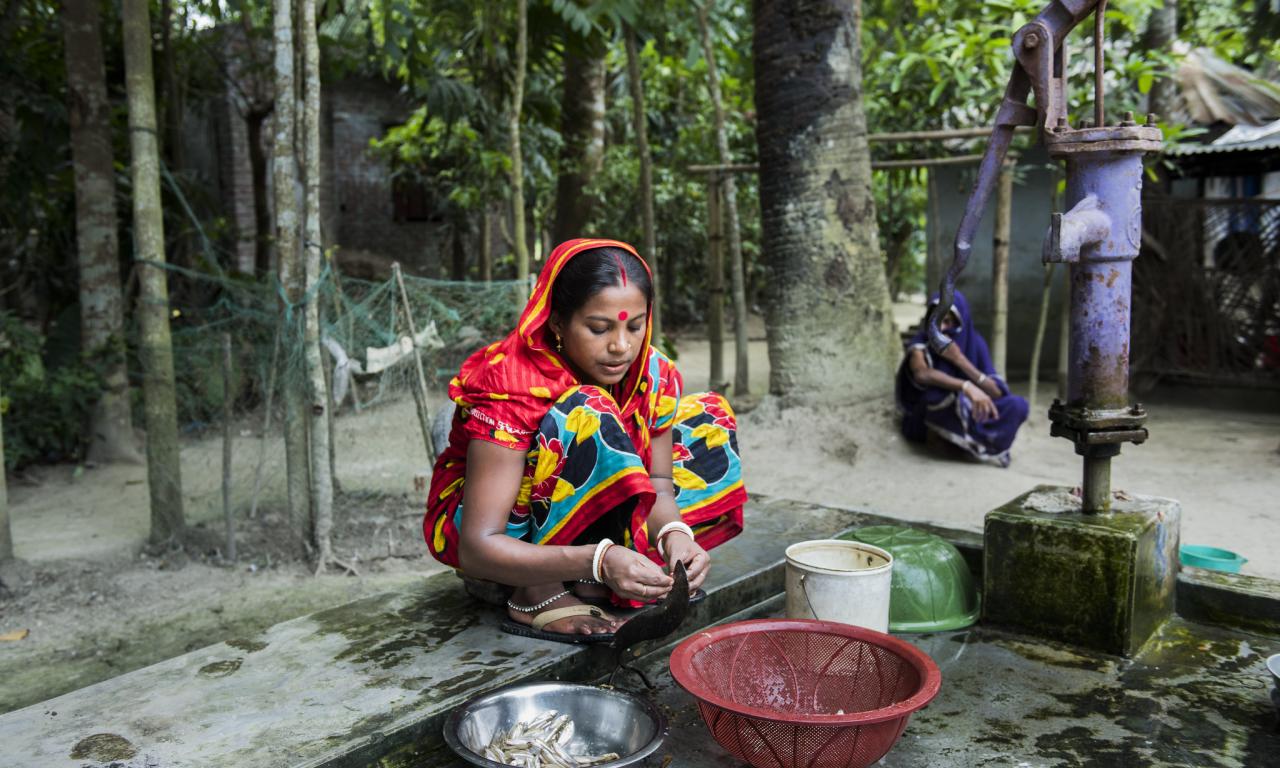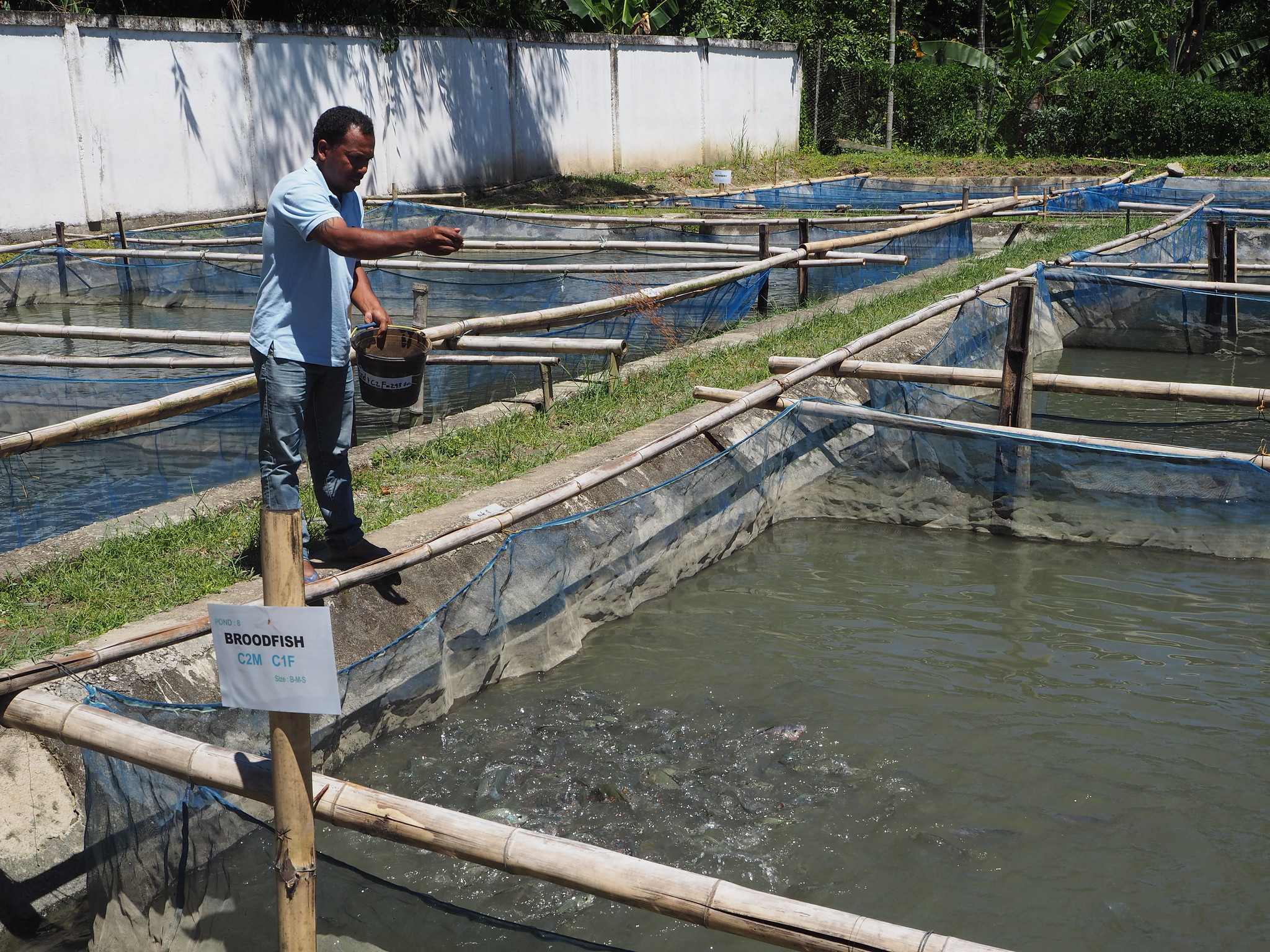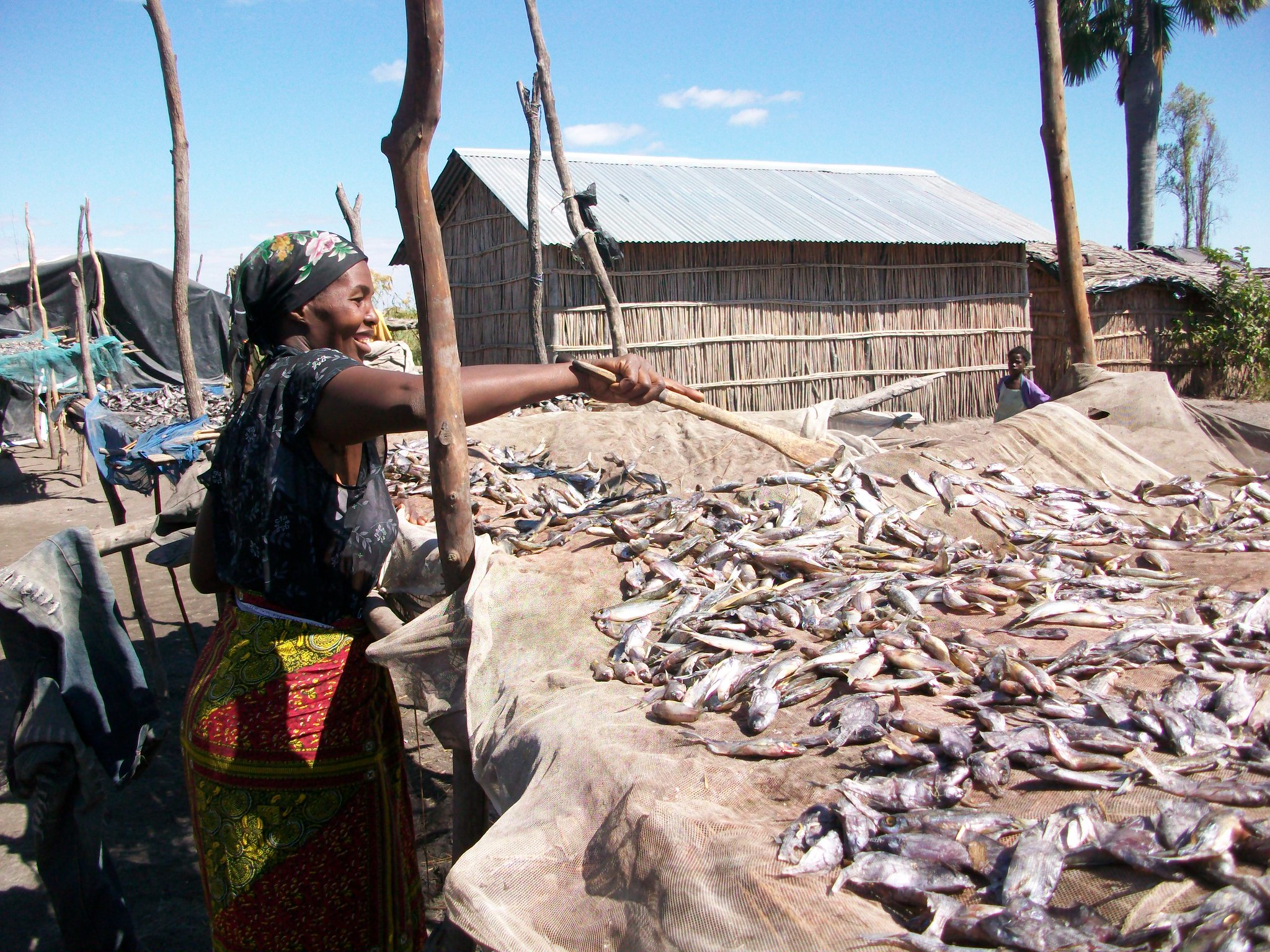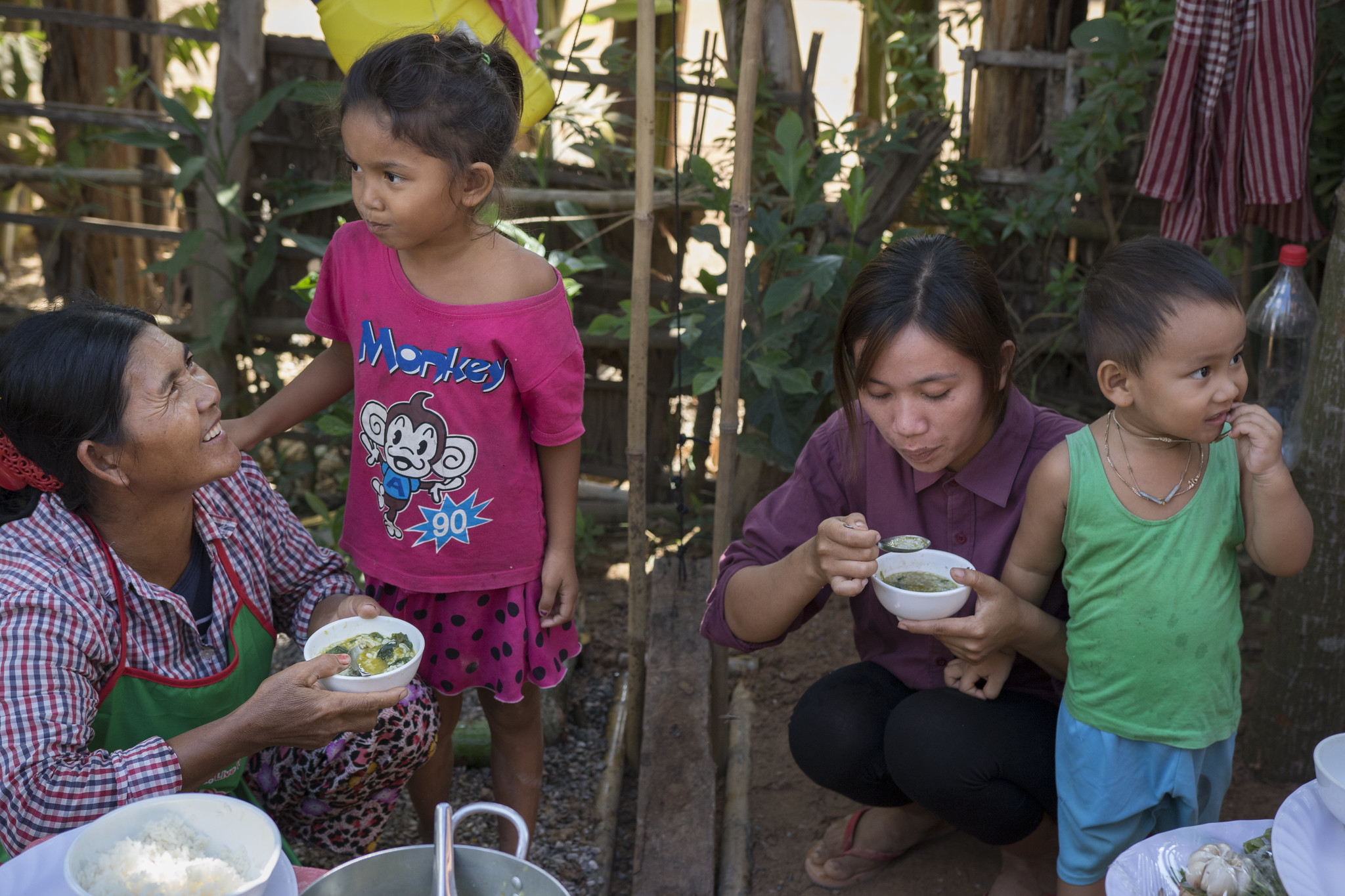
Aquatic foods are not just good foods, they are superfoods with the power to nourish all people and our planet.
Anchoring fish and aquatic food systems in the international agricultural research agenda offers unmatched potential to transform food systems to nourish all people and our planet.
In their current state, our food systems are broken. Three billion people lack access to affordable, safe and nutritious diets. The ways we produce, supply and consume foods are increasingly threatened by climate change while paradoxically contributing to carbon emissions. The COVID-19 pandemic is the latest shock to reveal the fundamental weaknesses in global food systems, taking us further away from the 2030 Sustainable Development Goals (SDGs).
A global agricultural research agenda based on land crops and livestock has led to improved food security and livelihoods for billions of people over the past 70 years. However, with emphasis on increased crop productivity, its benefits are marked by geographical disparities, as well as significant health and environmental costs. It’s time to move from a focus on feeding a growing population to approaches that nourish all people and our planet. The next great transformation must therefore involve a holistic transition toward food, land and water systems that are equitable, as well as healthy, resilient and sustainable.

The 2021 Borlaug Dialogue themes of Research & Innovation, Gender Equity & Equitable Livelihoods, and Nutrition-Sensitive Food Systems are among the most important for putting us on track for achieving the SDGs. Here are some of the ways WorldFish and our partners in the CGIAR and beyond have effectively addressed these areas by making aquatic foods a central part of food systems agendas. We are looking forward to bringing these experiences to the conversation and working with other attendees to leverage our collective experiences to make this great transformation.
Globally, the human appetite for aquatic foods--the diverse animals, plants and microorganisms harvested from and grown in water--shows no signs of slowing, outpacing the consumption rise of terrestrial livestock. Central to the food and nutrition security, wellbeing and livelihoods of billions of people around the world, aquatic food systems produce nutritious foods at significantly lower carbon emissions compared to land-based food systems. Traditionally overlooked in food systems agendas, aquatic foods reel in multiple wins across the sustainable development agenda.
Often the most available and preferred source of animal protein in many low- and middle-income countries, prioritizing aquatic foods pack an outsized punch as a rich source of highly bioavailable essential micronutrients and are major sources of omega-3 and vitamin B12 crucial for human health and development. Aquatic food systems--capture fisheries, aquaculture, and their supply chains--directly provide income opportunities for hundreds of millions of people, many of whom are women from marginal coastal and indigenous populations. The sustainable, inclusive management of fisheries and guided growth of diverse aquaculture systems, coupled with innovations along supply chains equitably increase food production within planetary boundaries while boosting the livelihoods of the vulnerable.

As Director General of WorldFish, I have seen firsthand the transformational power research and innovation in aquatic foods have for healthy people and a sustainable planet. WorldFish, the smallest center in CGIAR, the world’s largest agricultural research network, consistently punches above its weight. Home to two World Food Prize Laureates: Dr. Modadugu V. Gupta, the 2005 Laureate whose low-cost sustainable innovations in small-holder aquaculture pioneered Asia’s blue revolution, pulling millions out of poverty and improving access to nutritious aquatic foods. And this year’s Laureate, Dr. Shakuntala Thilsted, who has enriched our understanding of the vital role diverse aquatic foods have on human health and the cognitive development of children. Her work on nutrition-sensitive approaches to aquatic food systems have transformed the lives of millions across Asia, Africa and the Pacific.
WorldFish and our partners in the CGIAR believe aquatic foods have an important role to play in meeting our shared aspiration of establishing inclusive, efficient, sustainable, nutritious and healthy food systems capable of achieving the SDGs. Our priority is to ensure the greater integration of aquatic foods into the global agricultural research agenda to transform food, land and water systems in a climate crisis. That’s why we have elevated aquatic foods alongside land-based crops and livestock as part of the resilient agri-food systems research agenda within the new shared One CGIAR framework. Our shared research initiative links aquatic foods across food, land and waters systems examining the opportunities, options and trade-offs to enable a true food systems transformation. We know the future contribution of aquatic foods to the global food supply depends on a range of ecological, economic, policy and technological factors. That’s why we work toward integrated strategies and actions that balance conservation and restoration efforts with food systems transformation.
Aquatic foods, in particular, must be linked to the blue economy and ocean space, whose assets such as fisheries, shipping lanes and tourism are worth USD 24 trillion and produce an annual value of USD 2.5 trillion from their outputs. This is critical to ensure a full representation of the food system and to address the complex links between food, land and water systems. It is also critical if we are to unlock opportunities for billions of women, men and young people in low-and middle-income countries through an inclusive and people-centered blue economy and ocean governance.

At the heart of our vision is a food systems approach to synergistically improve the supply and consumption of diverse aquatic foods, lowering environmental footprints while generating livelihoods for the most vulnerable. Our pathway as set out in the WorldFish 2030 Research and Innovation Strategy has three key goals: 1. Ensure the sustainable production of diverse aquatic foods so that we can minimize the impact on the environment and increase our resilience and adaptation to climate risk, 2. Make aquatic foods affordable and accessible so that we can maximize social and economic impacts for shared prosperity and inclusive growth, 3. Ensure aquatic foods are safe to eat and part of the solution to key nutrition and public health challenges.
Aquatic foods are not just good foods, they are superfoods with the power to nourish all people and our planet. Together, we are working with the wider research community, policymakers, funders, investors, business leaders, local producers, processors and traders, and consumers to co-design interventions that make aquatic foods an integral part of the food systems transformation agenda.
This blog was originally published as part of the Borlaug blog series by the World Food Prize Foundation.